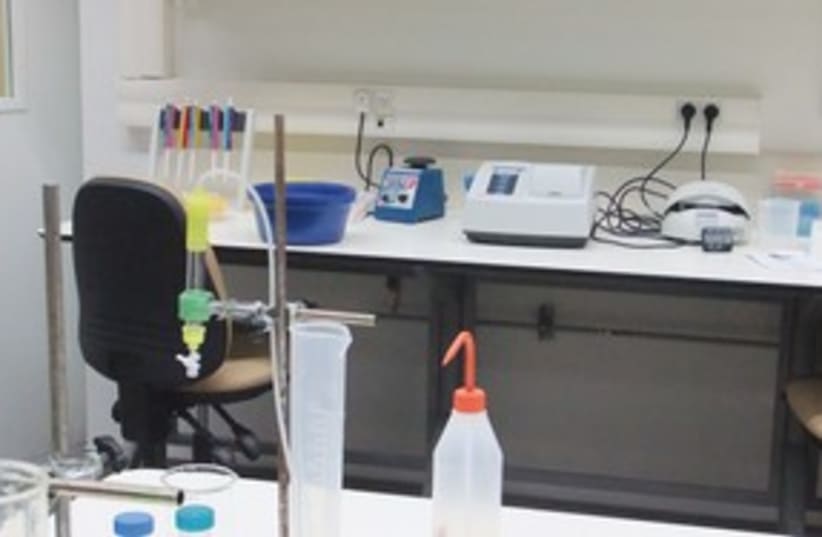Some people claim that pharmaceutical companies don’t know how to develop drugs anymore and that they should focus on marketing and funding.Humphrey: “I do not see any innovation crisis in Bristol- Myers Squibb. We have internal innovation, and there is no way we would give this up.”Lubman: “Investors in pharmaceuticals are always interested in extreme scenarios. Pharmaceutical companies need to carry out clinical trials and to market their drugs, because they do this better than life-sciences companies.Bristol-Myers Squibb’s careful approach toward acquisitions might disappoint anyone who believed that when venture-capital funding decreased, pharmaceutical companies would begin investing in start-ups, so that there would be companies worth acquiring later.“We would be happy to present our investors with quality companies,” Lubman said. “We have done this for Israeli companies before. We are not able to assist with funding during the initial stages, but we can help by giving direction and guidance.”Lubman recently participated in a conference for medical innovation at Tel Aviv University’s Lahav Executive Education Program, led by DFJ Tamir Fishman Ventures managing partner Benny Zeevi, in an effort to guide young companies.
Bristol-Myers Squibb to expand activity in Israel
Among the largest pharmaceutical companies, Bristol-Myers Squibb Inc. is one of the least well-known in Israel.

Some people claim that pharmaceutical companies don’t know how to develop drugs anymore and that they should focus on marketing and funding.Humphrey: “I do not see any innovation crisis in Bristol- Myers Squibb. We have internal innovation, and there is no way we would give this up.”Lubman: “Investors in pharmaceuticals are always interested in extreme scenarios. Pharmaceutical companies need to carry out clinical trials and to market their drugs, because they do this better than life-sciences companies.Bristol-Myers Squibb’s careful approach toward acquisitions might disappoint anyone who believed that when venture-capital funding decreased, pharmaceutical companies would begin investing in start-ups, so that there would be companies worth acquiring later.“We would be happy to present our investors with quality companies,” Lubman said. “We have done this for Israeli companies before. We are not able to assist with funding during the initial stages, but we can help by giving direction and guidance.”Lubman recently participated in a conference for medical innovation at Tel Aviv University’s Lahav Executive Education Program, led by DFJ Tamir Fishman Ventures managing partner Benny Zeevi, in an effort to guide young companies.